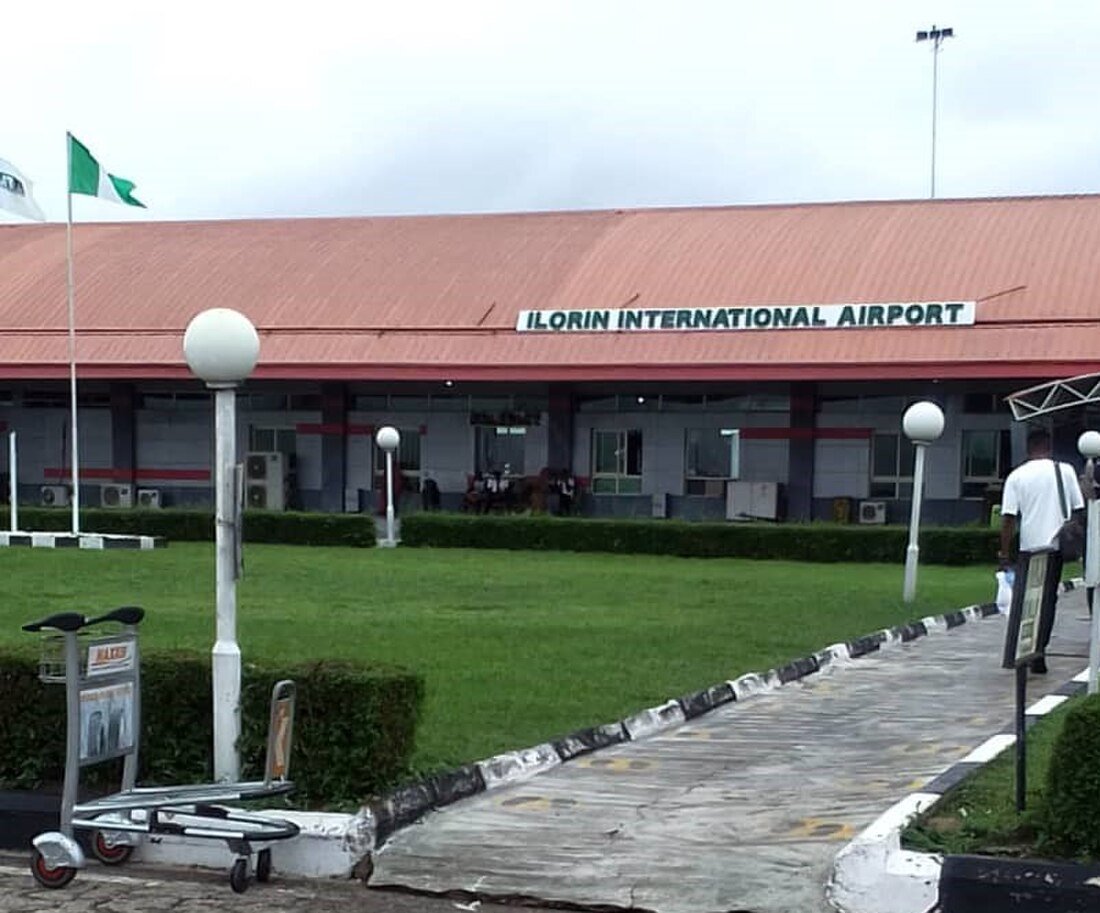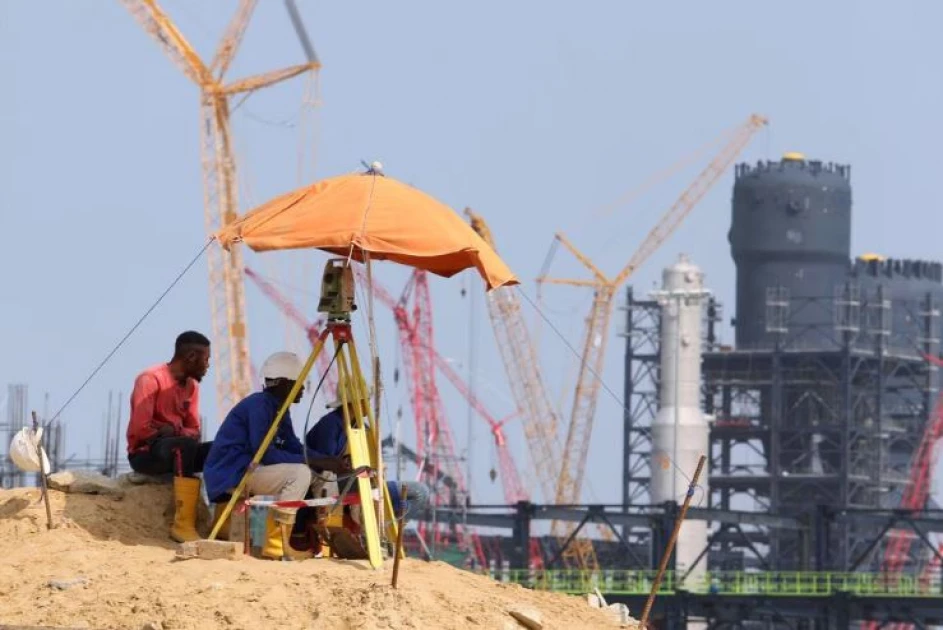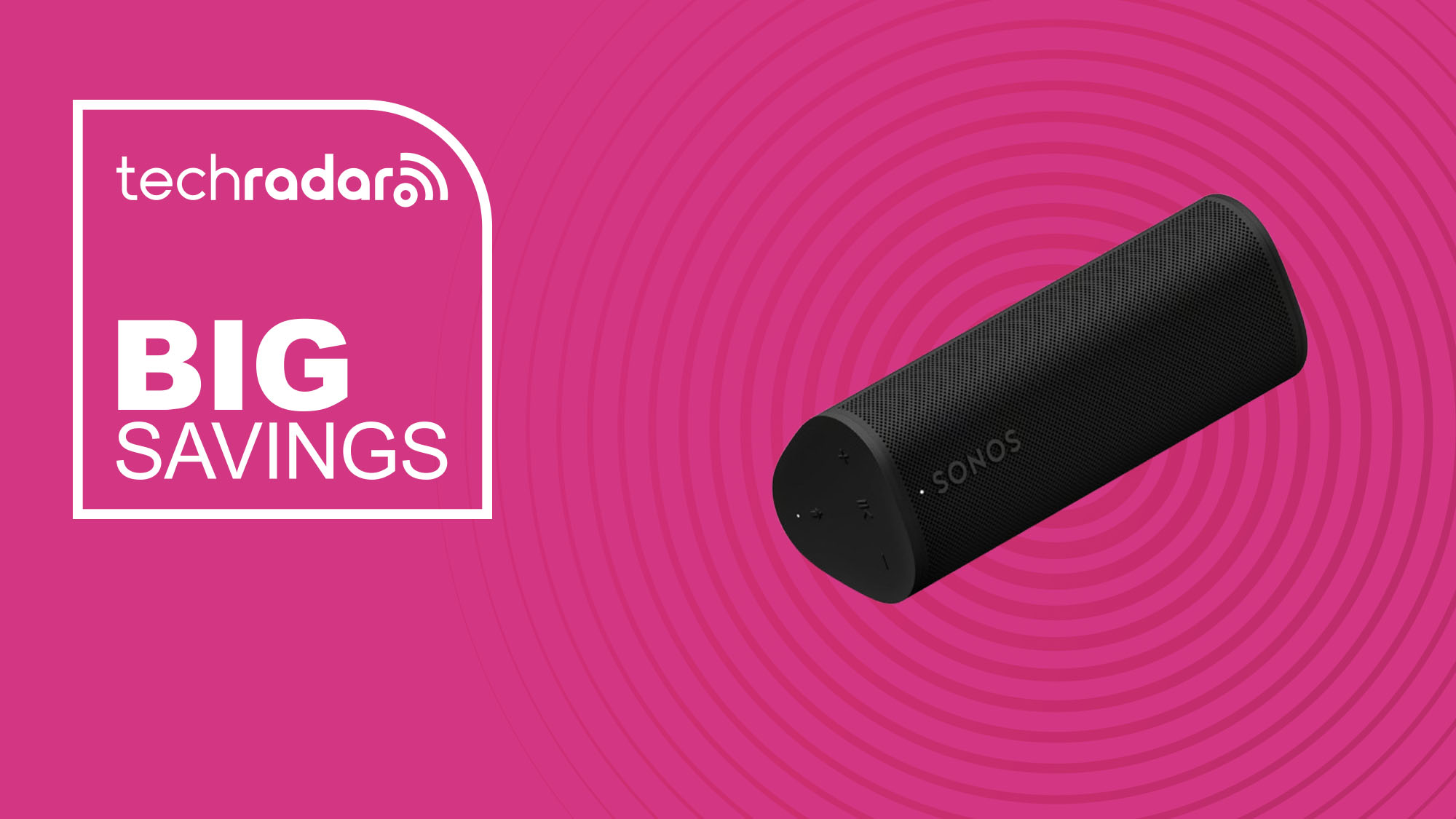Delivery Apps Cash in on India's Congested Cities

In Mumbai, India, the tradition of "dabbawalas" delivering home-cooked meals to office workers has been updated by young entrepreneurs using shopping apps. These apps offer quick commerce, delivering various items, including food, clothing, and electronics, within minutes. This trend is disrupting established e-commerce giants like Amazon and local mom-and-pop stores.
Online grocer BigBasket uses "dark stores" to fulfill orders in as little as 10 minutes. Workers swiftly gather items, which are then delivered by motorbike riders, the modern "dabbawalas." Local tech companies have invested billions in these logistical networks, boosting India's rapidly growing shopping industry. Customers are drawn to this convenience, avoiding the heat, crowded markets, and traffic jams.
BigBasket co-founder Vipul Parekh notes strong growth, with forecasts indicating over 60% compounded annual growth in the next two to three years. While similar delivery apps have struggled in Europe and the United States, India's sales have surged from $100 million in 2020 to an estimated $6 billion in 2024, with projections reaching $40 billion by the end of the decade.
Parekh attributes this growth to the high density of people living within a two-kilometer radius of dark stores, creating significant revenue potential. The absence of many traditional supermarket chains also supports the business model. Rinish Ravindra, a regular user, appreciates the convenience, saying he can order groceries with a few clicks and have them delivered home.
Competition is intensifying, with Amazon, Walmart-owned Flipkart, and Reliance Industries belatedly introducing rapid delivery services. Satish Meena of Datum Intelligence explains that traditional e-commerce fulfillment centers are not suited for rapid delivery, necessitating investment in dark store networks.
Rahul Malhotra of Bernstein suggests the market may only sustain two to three players, with the total addressable market potentially worth $50-$60 billion. The Confederation of All India Traders is campaigning against these platforms, viewing them as a threat to small businesses. Despite these challenges, customers are increasingly choosing the convenience of online grocery shopping.











